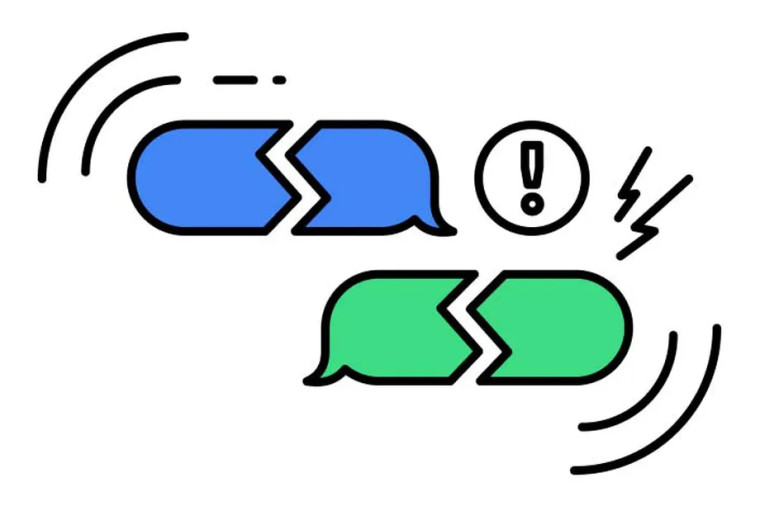
The Indian government seems to be going after messaging apps and platforms that promise privacy. This could easily mean the end of end-to-end encryption (E2EE) in India. A new law, proposed by the central administration, could severely impact apps such as WhatsApp, Signal, Telegram, and many more.
The Indian government has proposed a law to bring under a legal framework the interception of communication services. According to the new draft of the Telecommunications bill 2022 uploaded late on Wednesday:
Telecommunication services mean service of any description. This includes broadcasting services, electronic mail, voice mail, voice, video, and data communication services, audiotex services, videotex services, fixed and mobile services, internet and broadband services, and satellite-based communication services.
The law applies also applies to internet-based communication services, in-flight and maritime connectivity services, interpersonal communications services, machine-to-machine communication services, and over-the-top (OTT) communication services) which is made available to users by telecommunication.
Needless to mention, if the bill turns into law, the modern-day telecommunications industry might be forced to take some very drastic measures. Encrypted messages have become one of the most important attributes of several messaging platforms. In order to comply, communication platforms and apps may have to compromise privacy.
The concerning component of the Indian Telecommunications Bill, 2022 is under section 24, which gives the government wide-ranging powers. Under Section 24 (2), "on the occurrence of any public emergency or in the interest of public safety," the central or state governments, or any authorized officer, can issue a directive to intercept and disclose any message or class of messages transmitted or received by any telecommunication services.
If enacted, it could mean the end of E2EE, at least for Indians. This is because the provision of the draft bill essentially lets the Indian government bypass encryption and intercept messagesand calls on platforms such as WhatsApp, Signal, and more. If these platforms won’t comply, the government could even ban them from the country.
Recently, the Indian government went after VPN (virtual private network) services. However, action against non-complying platforms has been postponed as of now.
Source: The Hindustan Times



















16 Comments - Add comment